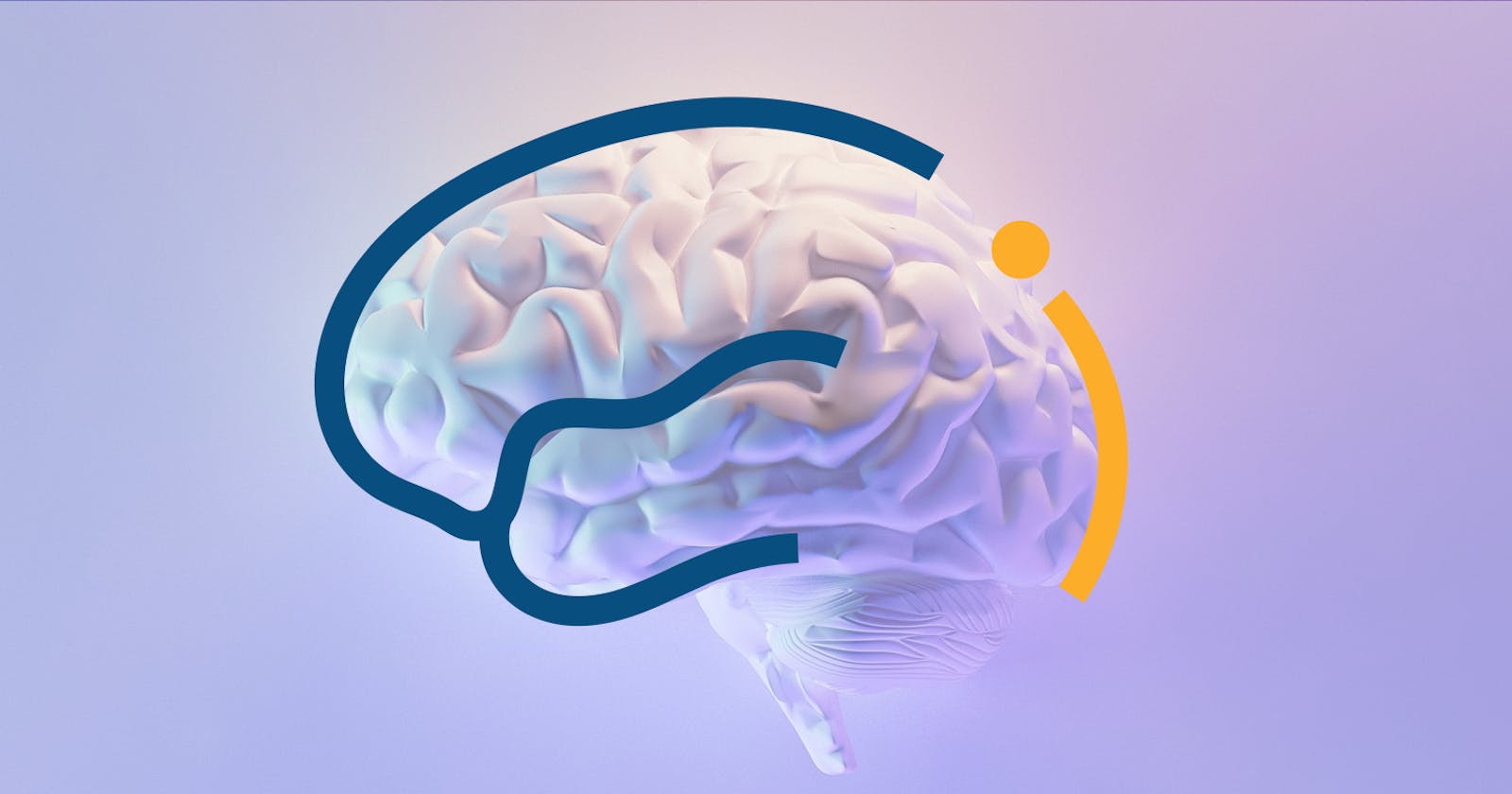Developing Emotional Intelligence: Understanding Yourself and Others
How Building Emotional Intelligence Can Improve Relationships, Communication, and Well-Being
Table of contents
No headings in the article.
Hey there! Today we're going to talk about Emotional Intelligence (EI). So, have you ever said the right thing at the wrong time? Or have you ever struggled to keep your emotions under control? Well, EI is a valuable skill set that can help you overcome these types of difficulties. It's a combination of mental abilities and skills that can help you manage yourself and work well with others by recognizing and responding to other people's emotional states. It involves mindfulness, emotional reasoning, effective communication, and empathy.
The benefits of developing EI include improved relationships, clearer expression of emotions, increased mutual respect, avoidance of skewed thinking, resilience in difficult times, and increased well-being.
Now, let's talk about stoicism. This "stiff upper lip" mentality has been around for a long time but has been challenged since the '60s. We were taught to believe that emotions were unreliable and subjective and that logic, reason, and intellect were the only reliable ways of living. However, this attitude has been challenged and emotions are now recognized as a critical aspect of living and working together.
Developing EI starts with self-knowledge. Self-awareness is about understanding oneself, knowing what triggers emotions, and how the past and self-image influence other people's behavior interpretations. The relationship between one's history and self-image determines how individuals act and their effect on others. Behavior-forming factors stem from the background and demonstrate an individual's values, including lessons learned, needs for affection, warmth, and closeness, beliefs and principles held about oneself, instincts, ways of thinking, lifestyle, and how one wants to be seen by others.
The benefits of building EI include being able to
overcome difficult situations
express oneself clearly yet warmly
build better relationships
keep emotions under control
communicate mutual respect
avoid skewed thinking
say the appropriate thing at the right time
value and obtain a commitment from others
become resilient in difficult times
have clear values and share them with others.
Remember, as humans; we are called to be the best we can be. To be successful, one must be adaptable and relatable. Truly successful people practice this with everyone. You can learn EI and how to practice it. Swim against the stream with purpose and strategy. Don't conform to the pattern of this world, but be transformed by renewing your mind.
In conclusion, let's revisit stoicism and the "stiff upper lip" mentality. Stoicism has been around since ancient Greek times and has been practiced in our western culture for a long time. They're deeply ingrained. They produced an attitude of reserve, coldness, and indifference, always in danger of turning into hatred. It's important to recognize that emotions are critical to living and working together. By developing EI and practicing self-awareness, we can become more adaptable, relatable, and successful.
